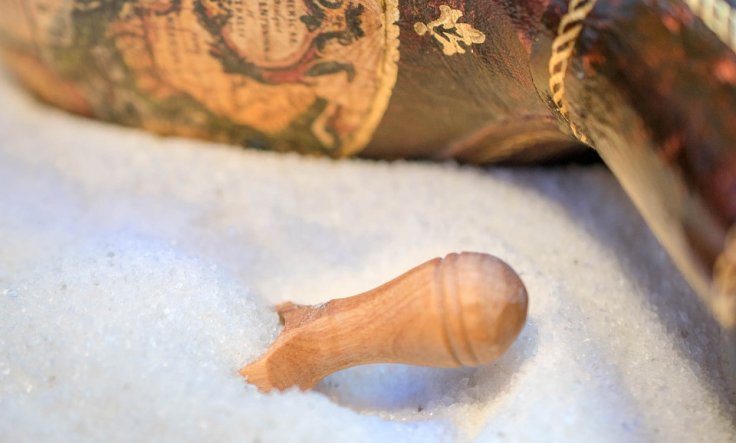
If you tend to consume a healthy diet just to thwart the effects of high salt intake, think twice. A diet rich in fruits, whole grains and green leafy vegetables, might not balance out the risks caused by foods with higher salt content, researchers have warned.
Previous studies considered a diet with adequate proportion of nutrients essential for the proper functioning of the body as well as effective in counteracting the effect of high salt on blood pressure.
However, while these foods do tend to lower blood pressure, the new research suggests they do not counteract the adverse influence of salt intake.
No matter how healthy the overall diet is, people eating higher amount of salt had higher blood pressure - a major risk factor for heart attacks and stroke, the study showed.
"We currently have a global epidemic of high salt intake and high blood pressure. This research shows there are no cheats when it comes to reducing blood pressure," said Queenie Chan, research student at the Imperial College in London.
People need to monitor their salt intake, and food manufacturers should lower the salt content in their products, the scientists recommended.
"Having a low salt diet is key - even if your diet is otherwise healthy and balanced," Chan said.
For the study, published in the journal Hypertension, the research team noted the diets of 4,680 people, aged 40-59, for four days.
The researchers assessed sodium and potassium concentration in urine samples to check the amount of salt intake per person.
They found a correlation between high blood pressure and higher salt intake, even in people who were eating a high amount of potassium and other nutrients.
"As a large amount of the salt in our diet comes from processed food, we are urging food manufacturers to take steps to reduce salt in their products," Chan said. (IANS)









